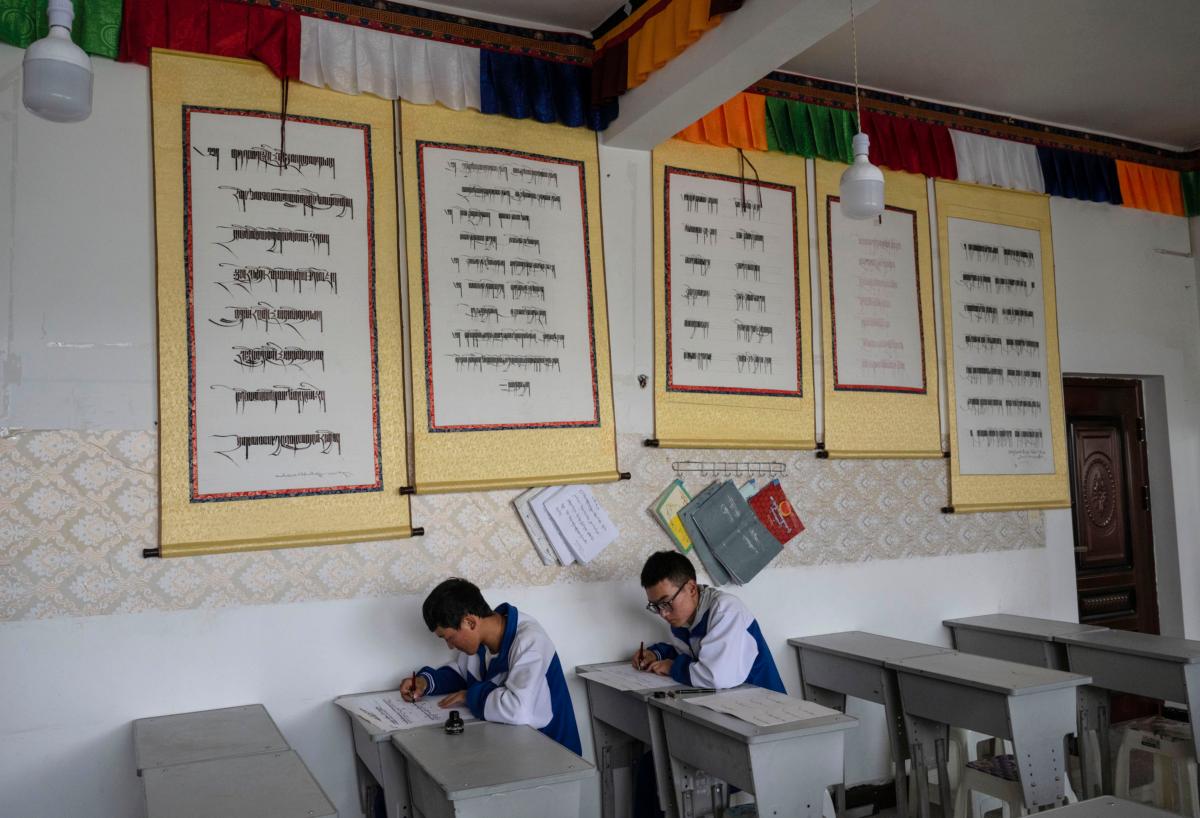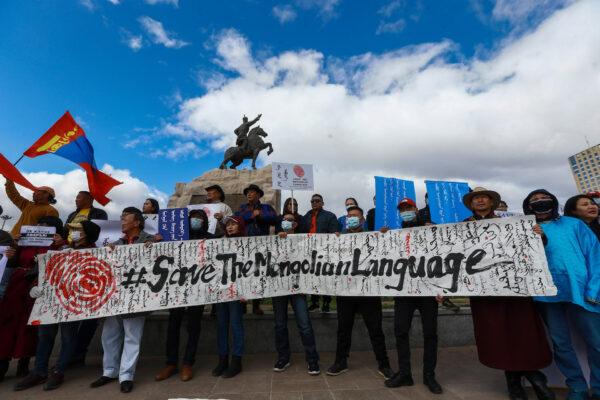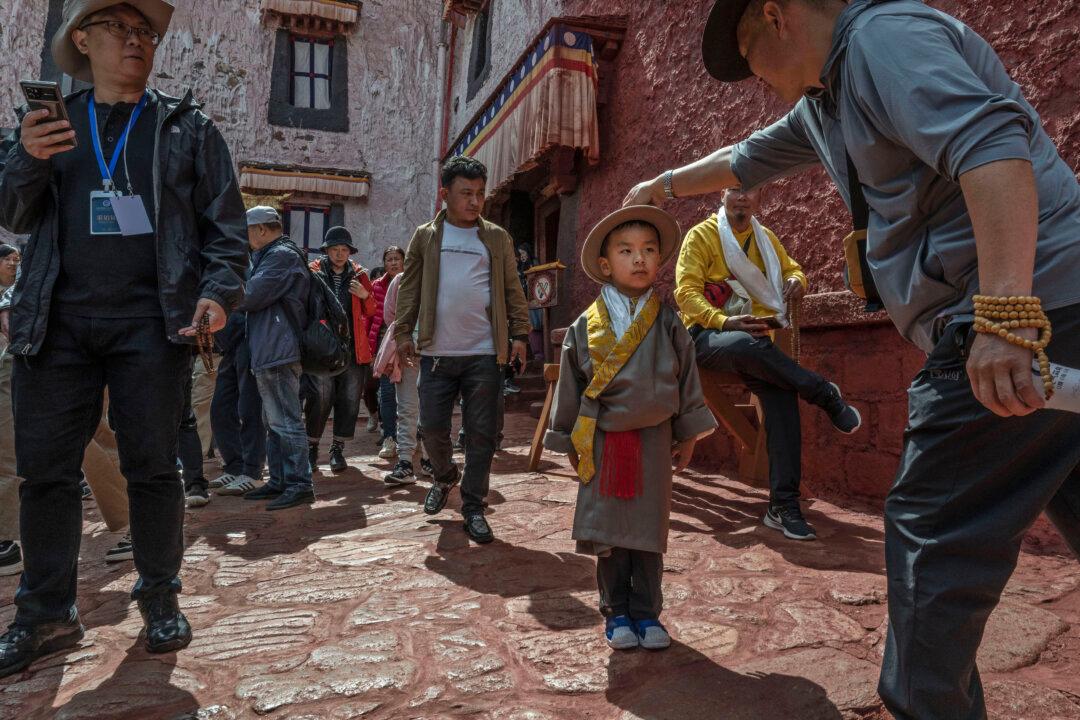The United States will impose visa restrictions on Chinese officials for forcing Tibetan children into state-run boarding schools in an attempt to erase their language and culture.
“We urge PRC authorities to end the coercion of Tibetan children into government-run boarding schools and to cease repressive assimilation policies, both in Tibet and throughout other parts of the PRC,” Secretary of State Antony Blinken said in an Aug. 22 statement, using the abbreviation for the People’s Republic of China.
Mr. Blinken noted that more than 1 million Tibetan children have been forced to live in state-run boarding schools with programs designed to assimilate them into the majority Han culture. However, he didn’t name the specific officials or give further details.
Tibet has been under Beijing’s rule since 1951 after Chinese troops seized control of the territory in what the Chinese regime called a “peaceful liberation.”
The Chinese Communist Party (CCP) has since adopted a harsh approach to suppress discontent in the region. Tibetan families face persecution for communicating with their relatives in exile, and Tibetans frequently receive phone calls from local security officials demanding the removal of photos and other information that authorities consider sensitive from their phones, according to the latest State Department report.

With the goal of further strengthening control, Beijing has also pursued an assimilation policy in Tibet, encouraging migration of Han Chinese into the region, removing symbols of Tibetan culture and religious belief, and promoting Mandarin over the Tibetan language.

‘Converting Tibetans Into Chinese’
Mr. Blinken’s announcement followed a warning from three U.N. experts in February over the issue.The experts raised concerns over a reported substantial increase in the number of residential schools operating in and outside Tibet and the number of Tibetan children living in them, noting that the share of residential schools in Tibetan-populated areas is much higher than in other parts of China.
Such schools “almost exclusively” use Mandarin in teaching and communications, with textbook content “reflecting almost solely the lived experience of Han students,” they said in a statement, noting that many of these schools are situated “far from the family homes of students boarding in them.”
The result is that Tibetan children are losing their ability to communicate easily with their families in the Tibetan language, and thereby, their identities, the experts said.
Washington-based human rights organization International Campaign for Tibet welcomed the new U.S. visa restrictions.
“China’s unconscionable separation of Tibetan children from their families cannot be left unchecked. It shows the depths of Beijing’s plan to eliminate the Tibetan way of life and turn Tibetans into loyal followers of the CCP,” the group’s president, Tencho Gyatso, said in an Aug. 22 statement.
“This boarding school program targets the most vulnerable and impressionable minds and is aimed at converting Tibetans into Chinese, cementing the Chinese government’s control over Tibet and annihilating the Tibetan culture and way of life.”







